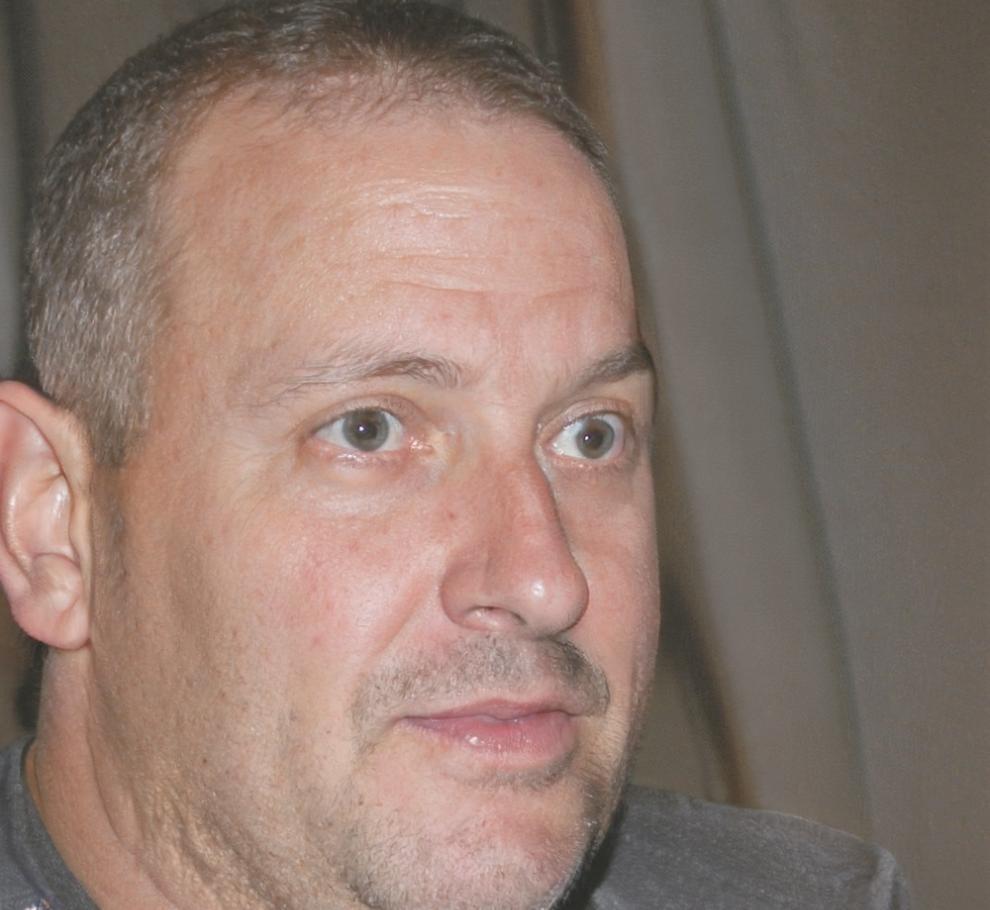Financial Analysis Skills That Actually Matter
Working with spreadsheets and forecasting models is one thing. Understanding what the numbers mean for real business decisions? That's where most people get stuck. Our autumn 2025 program focuses on practical financial analysis that connects to actual business outcomes.
Talk About Your GoalsLearn From People Who've Been There
Our instructors have spent years working through the messy reality of financial analysis. They've built models that failed, learned from those mistakes, and developed approaches that work when things get complicated.

Marcus Chen
Corporate Finance LeadSpent 12 years building financial models for mid-sized companies in Thailand. Knows exactly where theory breaks down and practical problem-solving begins.

Robert Walsh
Investment AnalysisFormer analyst who transitioned into teaching because he got tired of seeing people make the same preventable mistakes with financial data interpretation.

Daniel Kramer
Strategic PlanningWorked through three economic downturns helping companies adapt their financial strategies. Teaches the kind of analysis that holds up when conditions change.
Numbers That Show Progress
After completing the program, participants often report feeling more confident working with complex financial data. Not because they memorized formulas, but because they practiced applying analysis to situations similar to what they face at work.
The 2024 cohort spent an average of 18 hours per week on coursework over six months. Most participants needed about three months before they felt comfortable applying techniques independently.

How The Learning Actually Works
We don't lecture about theory and then expect you to figure out application on your own. Each concept gets introduced through a real business problem you'll work through step by step.
Foundation Work With Context
First month covers core financial statement analysis, but through the lens of actual company scenarios. You'll work with messy data from real businesses, learning to identify what matters and what's just noise.
- Income statement deep dive using three real company examples
- Balance sheet interpretation with industry comparison
- Cash flow tracking through seasonal business cycles
Building Useful Models
Months two and three focus on creating financial models that serve specific business decisions. Not theoretical exercises, but tools you'd actually use in a planning meeting.
- Forecasting revenue for expansion planning
- Cost structure analysis for pricing decisions
- Scenario modeling when multiple unknowns exist
Advanced Analysis Techniques
Second half of the program introduces more sophisticated approaches. By this point you have enough foundation to understand when and why to use complex methods.
- Variance analysis for budget monitoring
- Investment evaluation using multiple criteria
- Risk quantification for strategic planning
Capstone Project With Feedback
Final month involves completing a comprehensive analysis project. You'll present findings and defend your recommendations, getting detailed feedback from instructors who know what works in practice.
- Choose a real company or create a detailed scenario
- Apply multiple analysis frameworks to the situation
- Present recommendations with supporting evidence